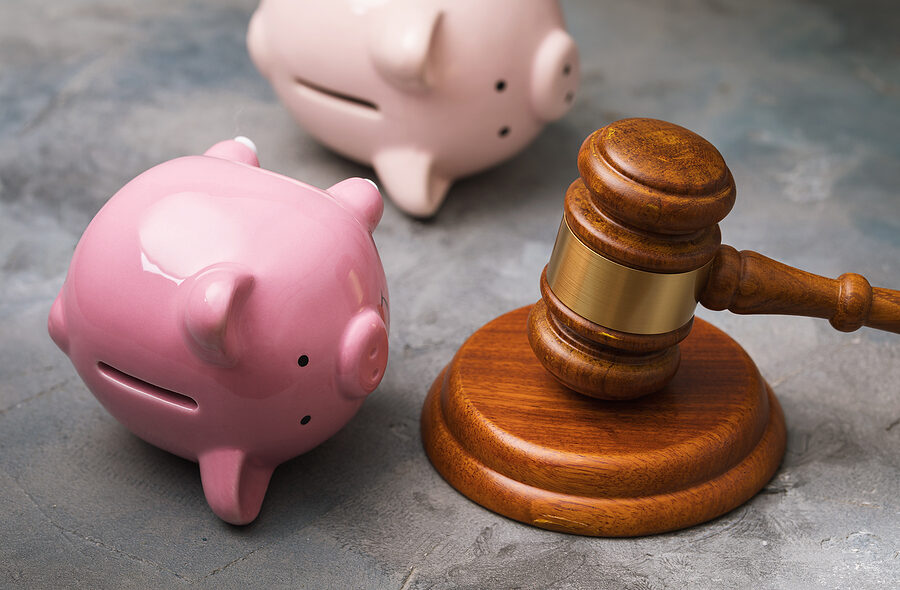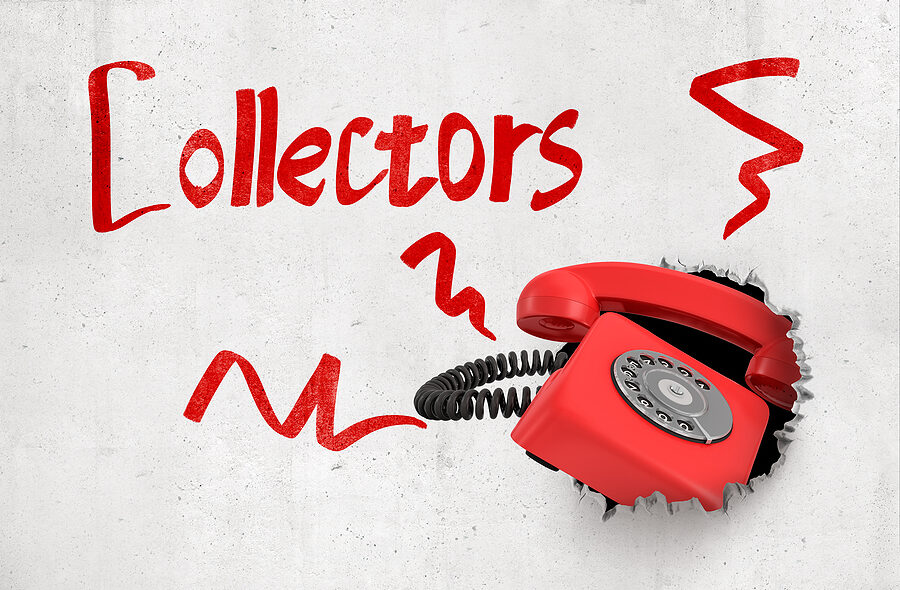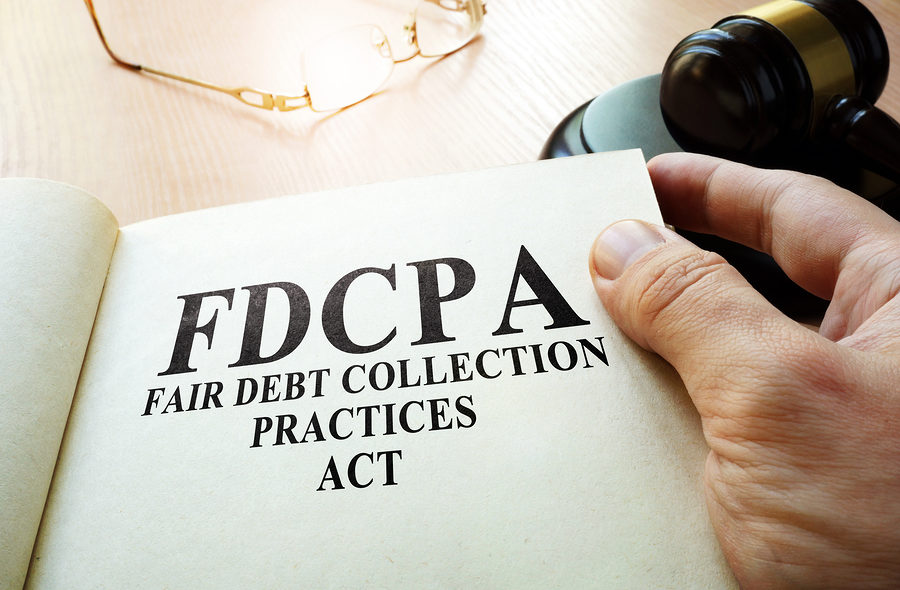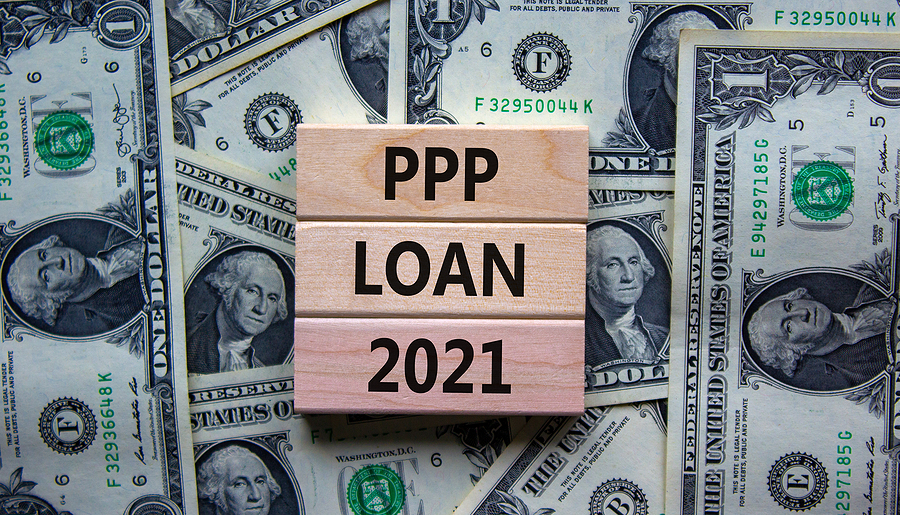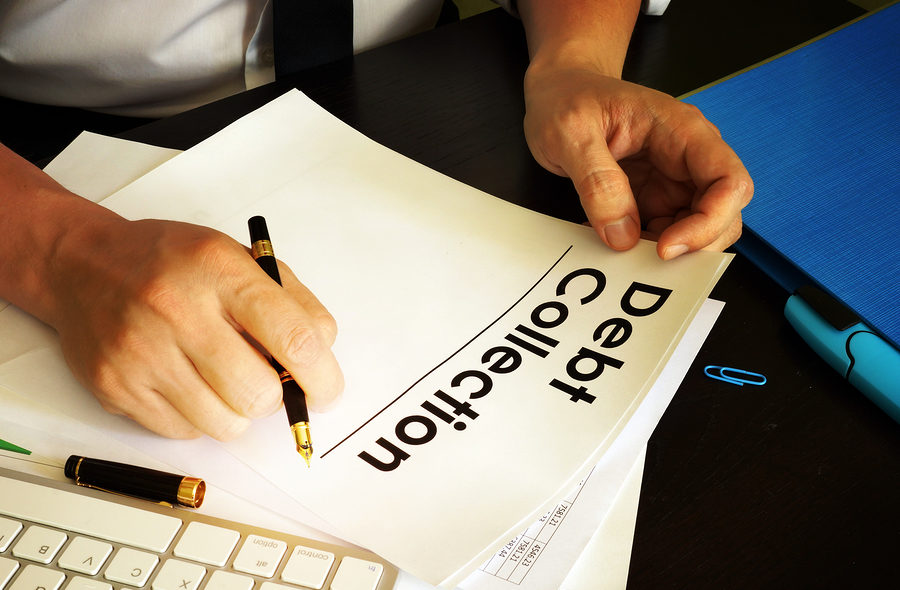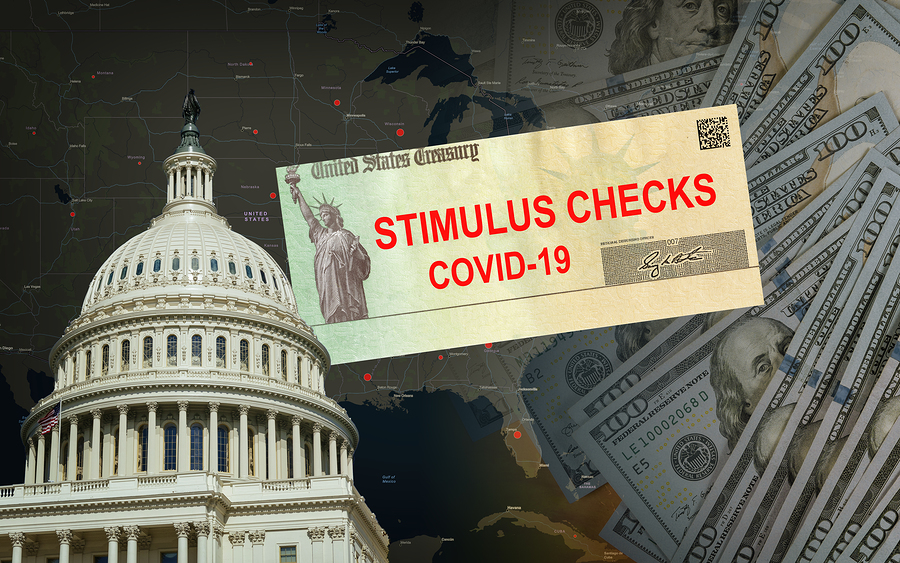Debt collectors may soon have even more ways to reach consumers who are past-due on their debts. A new proposed rule from the Consumer Financial Protection Bureau (CFPB) may make it possible for debt collectors to contact consumers via email or text communications as they attempt to receive payment on overdue debts.
This news does not come as a pleasant surprise for many. After all, debt collectors do not have a good reputation for this very reason. They can be persistent, if not relentless, when it comes to debt collection.
It is reported that the CFPB received a record 84,500 complaints from consumers about debt collectors in 2017. The industry earns $10.9 billion annually and does whatever it takes to receive payment on a debt. The industry does not seem to be slowing down either. Since the end of the recession, American consumers have taken on more debt, including car loans, mortgages and credit card debt.
This news follows recent revelations that are now coming out about the direction the CFPB has taken since the start of the Trump administration. Many critics argue that this move is further evidence that the agency is no longer going after corporations for financial abuses as hard as they have in the past. After all, this latest move does not seem to protect consumers as much as it protects the companies seeking to reach these consumers.
Arguably, the number of communications from collectors will increase, if and when this rule takes effect. However, the law does limit the frequency and content of communication being received. The Fair Debt Collection Practices Act (FDCPA) provides rules that collectors must follow. However, this law was originally written in 1977, which means it has not been updated to include email and texting technology. It is unclear at this point whether the law will be modified to reflect the updates in technology.
Without having any strict regulations to guide debt collectors on how often they can communicate with a person via text or email, collectors are essentially free to do what they want when contacting someone. The number one piece of advice we give to people dealing with creditors is to be honest. If you are unable to make a payment, do not make a promise to do so and never hide from creditors.
If you are ready to put an end to creditor harassment and make a fresh start, consult an experienced Miami bankruptcy attorney at Kingcade Garcia McMaken. Since 1996 Kingcade Garcia McMaken has been helping people from all walks of life build a better tomorrow. Our attorneys’ help thousands of people every year take advantage of their rights under bankruptcy protection to restart, rebuild and recover. The day you hire our firm, we will contact your creditors to stop the harassment. You can also find useful consumer information on the Kingcade Garcia McMaken website at www.miamibankruptcy.com.
Source: https://www.cbsnews.com/news/text-me-debt-collectors-may-soon-be-able-to-text-and-email-consumers/

